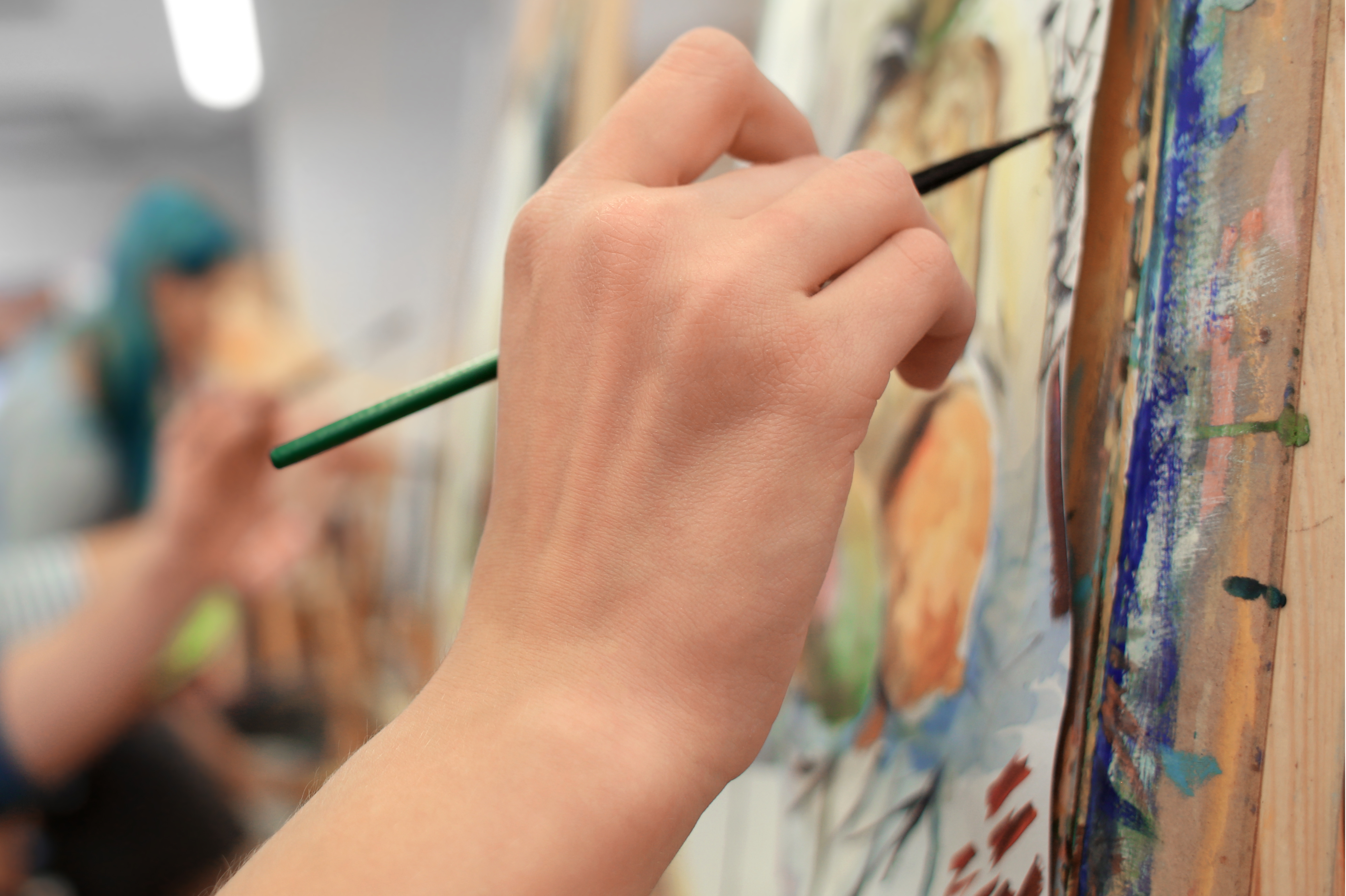
Jamie Molaro, PhD
2023 Seed Grant Awardee
Project Description
Making Space
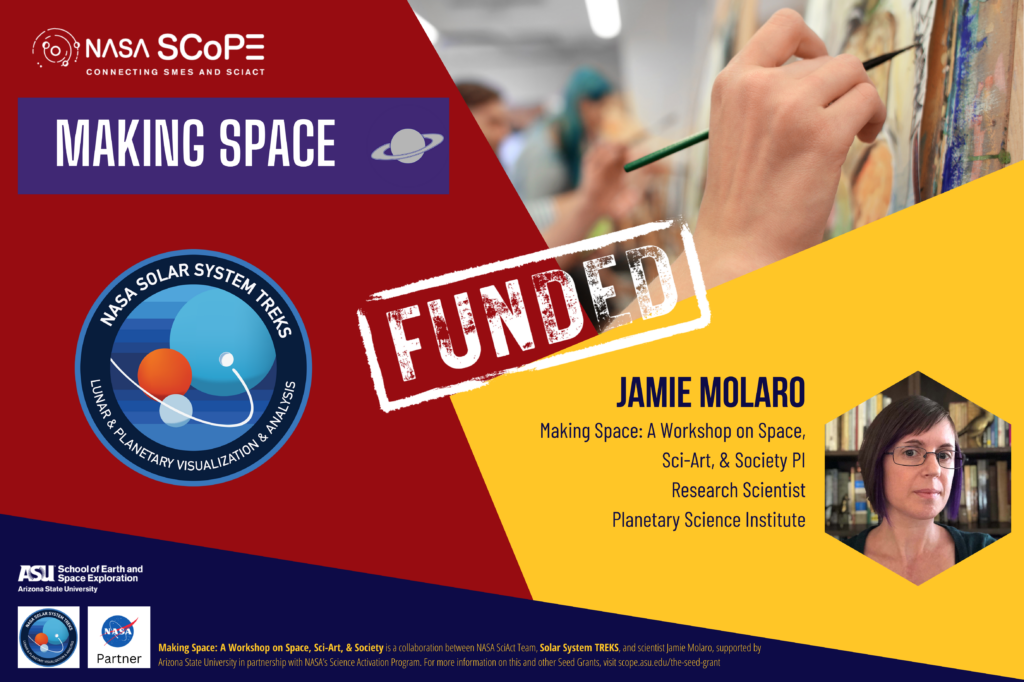
Art is a critical tool for expressing and reflecting on complex ideas and can be leveraged in public outreach efforts to help facilitate learning and public discourse. Making Space is a multi-day interdisciplinary workshop about space and society where we use art to explore scientific concepts and humanity’s relationship to the solar system. It targets an adult audience with backgrounds in art and making, science/engineering, or education. Participants learn how scientists use spacecraft observations to explore other worlds, how to access data from missions, do collaborative discussion and art activities, and learn techniques in creating science- and data-driven art. This workshop is about connecting with the cosmos, learning by creating, and the role art can play in space exploration. Our goal is to empower participants to explore and communicate science through and interdisciplinary framework and to actively participate in space exploration discourse, and to facilitate meaningful dialogue between the science and art communities. For this event, we are partnering with NASA’s Solar System Treks, online portals allowing the public to explore other worlds using real data returned from space missions. This collaboration will provide participants hands-on experience exploring real data through their art.
Target Audience Age
| 0-4 | 5-10 | 11-14 | 14-18 | 19-22 | 23-26 | 27-99 |
NASA Division
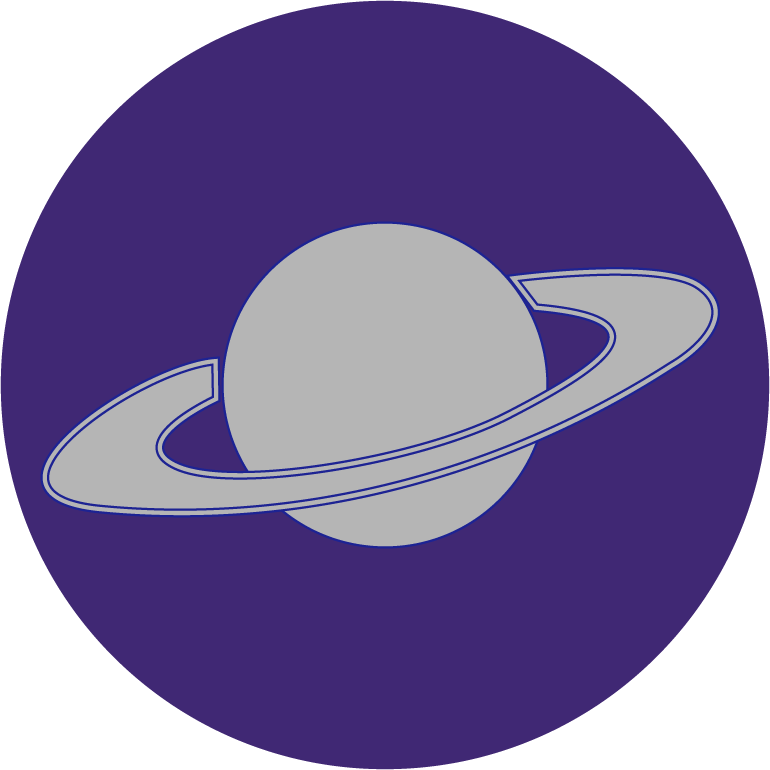
Planetary
Grant Status

Learning Context

Digital Learning

Neighborhood /
Community

Informal /
Out of School

Home / Family

Citizen Science

Formal Education
SME Bio
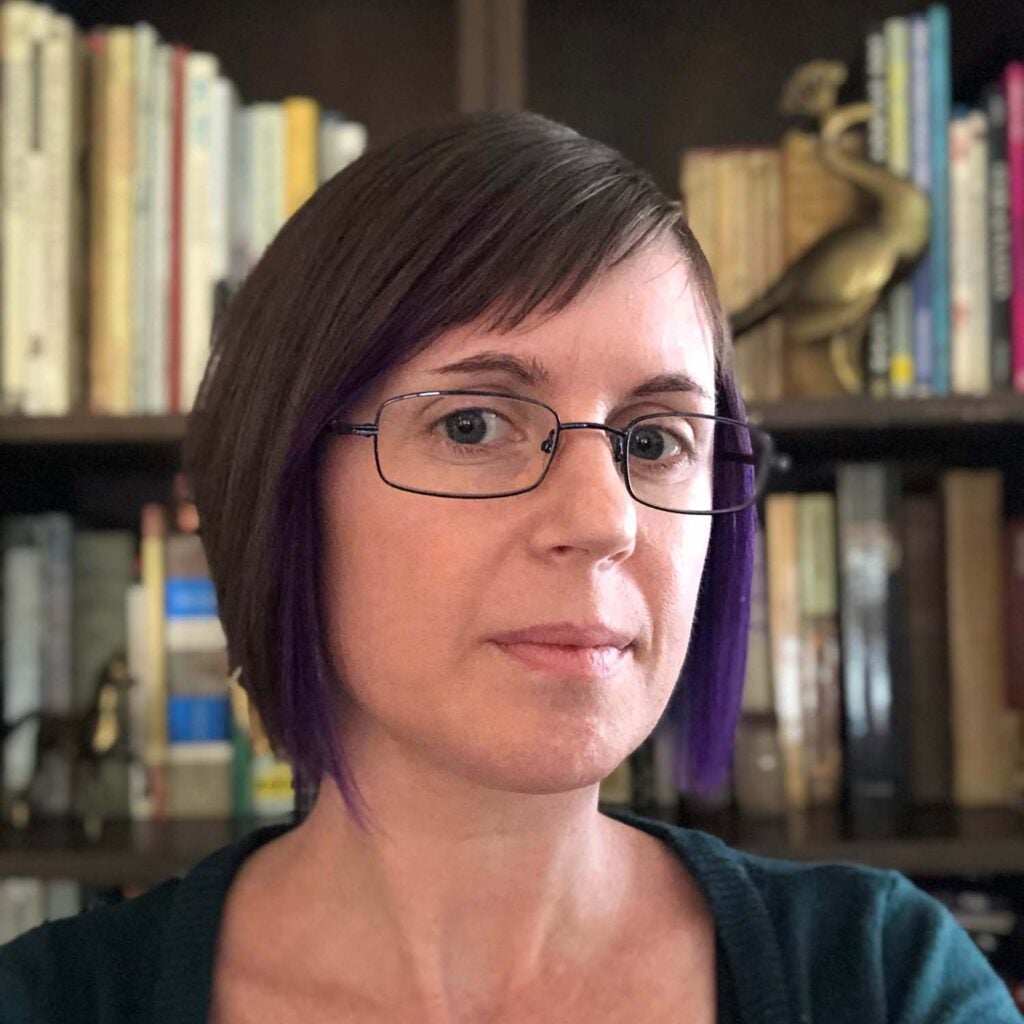
These workshops are incredibly fun and have been very successful in generating interdisciplinary dialogue and making connections across fields between scientists and artists. Many of our artist participants express they have had an interest in science, but prior to taking the workshop felt alienated by or lacked confidence in engaging with it, and/or did not feel welcome to engage with the science community. I’m excited to be able to facilitate growth and expand perspectives on who makes up the science community and how science is explored.
Jamie Molaro, PhD
Making Space PI
Research Scientist
Planetary Science
Jamie is a Research Scientist at the Planetary Science Institute and an Affiliate at the Jet Propulsion Laboratory. She earned her BS in physics at San Francisco State University and her MS and PhD in planetary science at the University of Arizona.
Dr. Molaro’s research focuses on the rocky and icy material on the surfaces of airless bodies in the solar system. She studies how landscapes evolve over time on the Moon, asteroids, dwarf planets, comets, and ocean worlds like Jupiter’s moon Europa and Saturn’s moon Enceladus. She is a Sample Science team member on NASA's OSIRIS-REx mission to retrieve a sample from asteroid Bennu.
In 2013 Dr. Molaro founded “The Art of Planetary Science,” an annual art exhibition run by graduate students at the University of Arizona’s Lunar and Planetary Laboratory that celebrates the beauty of science. Her own artwork includes making “space crafts from data collected by spacecrafts” as well as unique craft projects for Dungeons & Dragons players (including D&D players like Dr. Molaro herself).
Dr. Molaro is also an advocate for disabled and chronically ill folks working in space science. She is Flight Operations co-lead for Mission: AstroAccess, a project dedicated to promoting disability inclusion in space exploration and paving the way for disabled astronauts.
SciAct Team
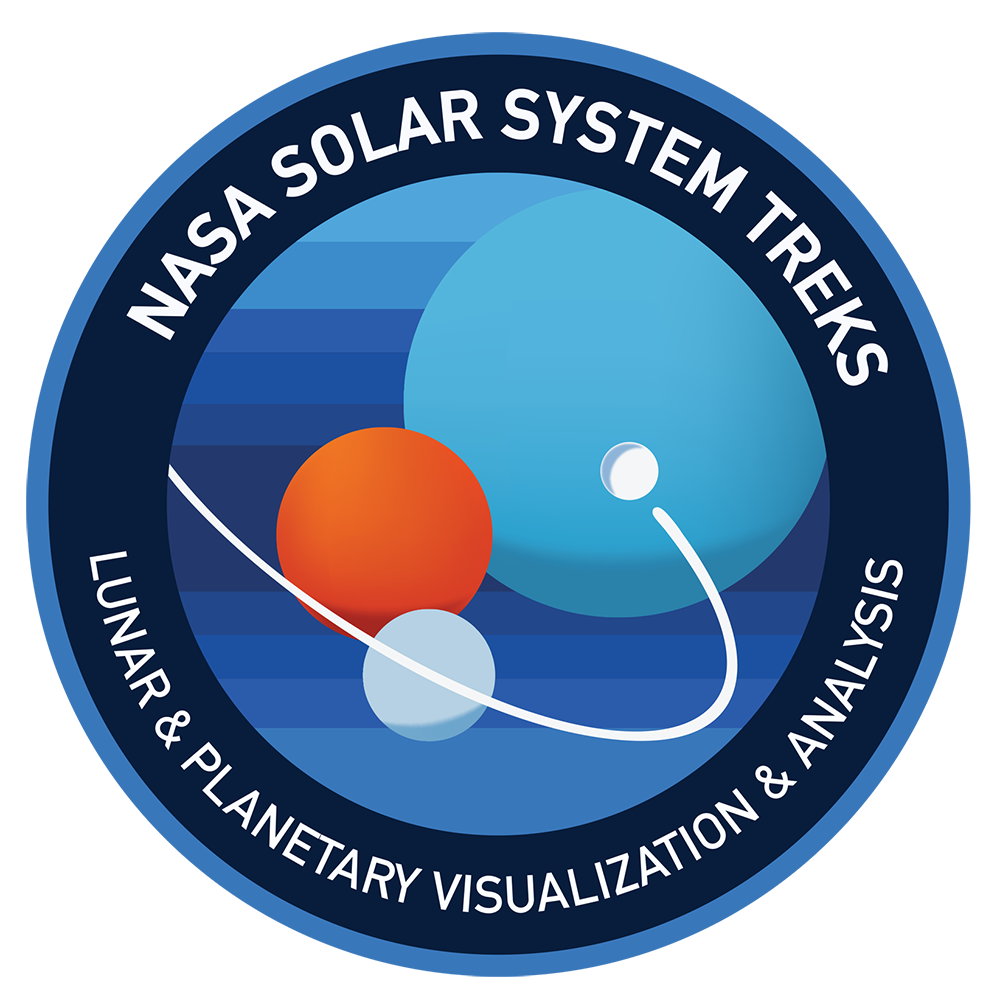
Solar System TREKS Description
The Solar System Treks are online, browser-based portals that allow you to visualize, explore, and analyze the surfaces of other worlds using real data returned from a growing fleet of spacecraft. You can view the worlds through the eyes of many different instruments, pilot real-time 3D flyovers above mountains and into craters, and conduct measurements of surface features. The portals provide exciting capabilities for mission planning, planetary science, and public outreach.
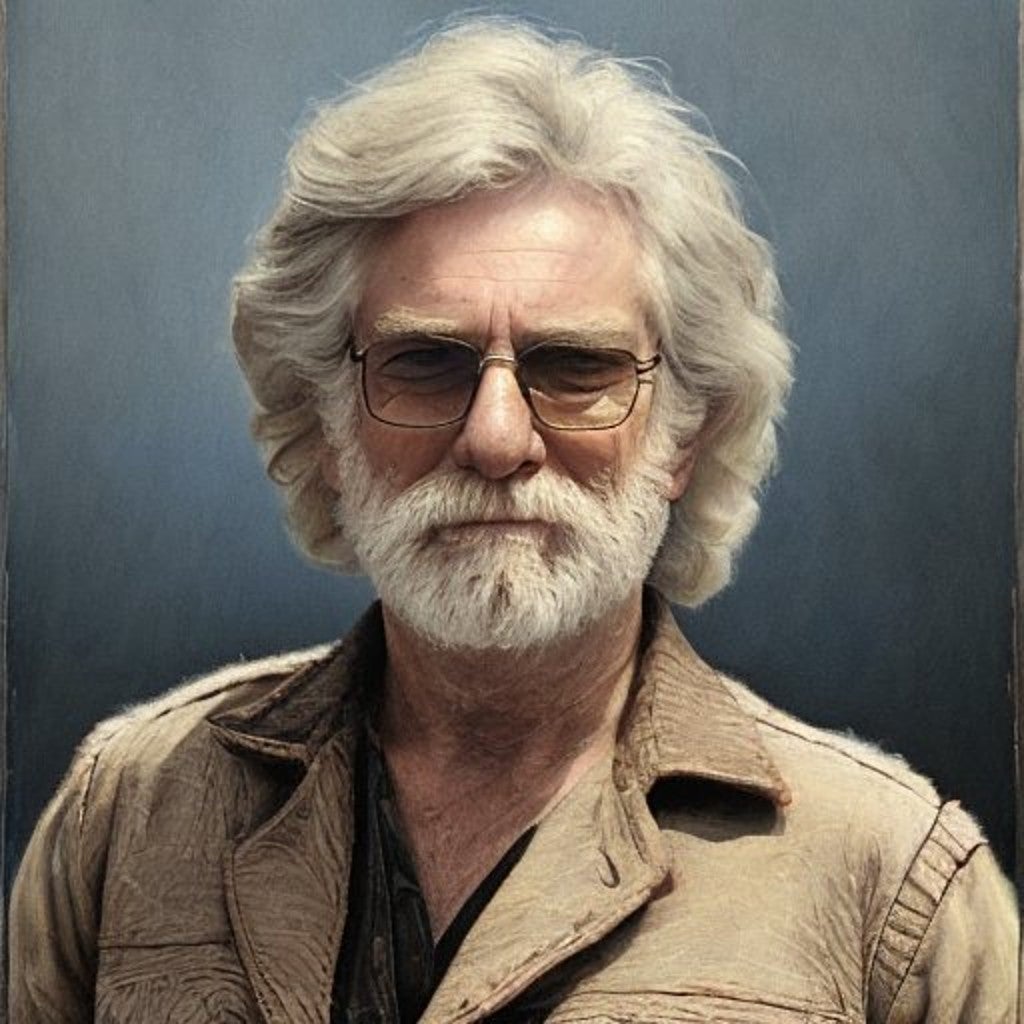
The project supports the value of Solar System Treks in making NASA data usable for not only science but art, and in using it as a tool to engage and inspire the public. SSERVI has a long-standing and continuing interest in artistic applications of scientific data, and facilitating artistic inspiration from scientific exploration.